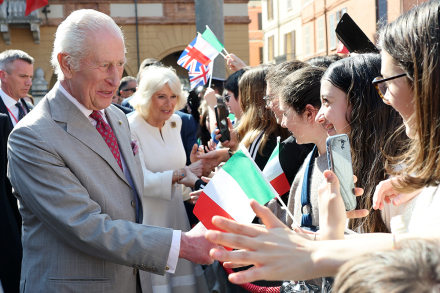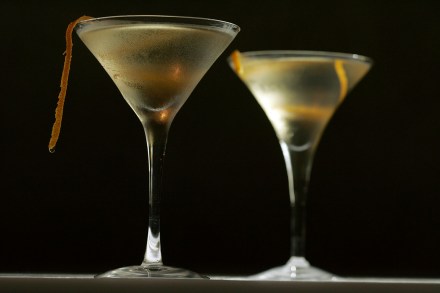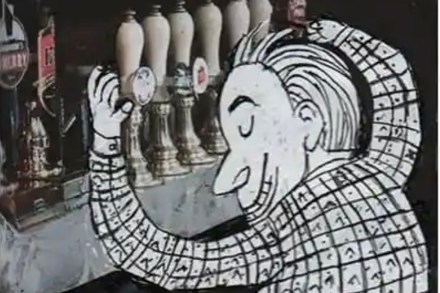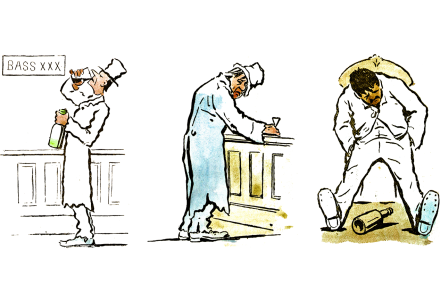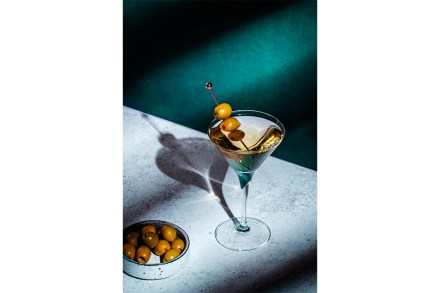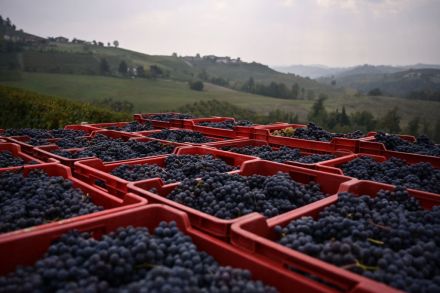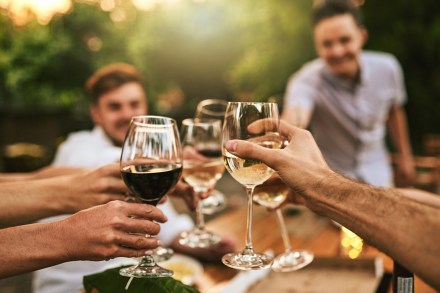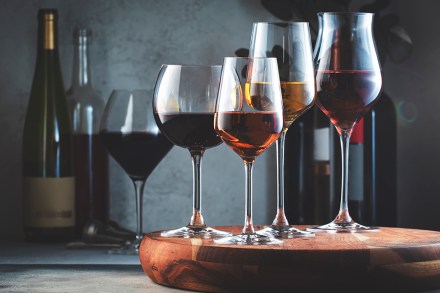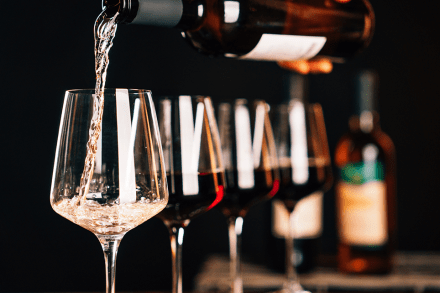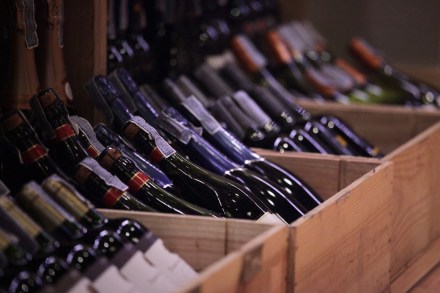The day the King came to Ravenna
Dante’s Beach, Ravenna ‘Fortune’s a right whore: If she give aught, she deals it in small parcels,/ That she may take away all at one swoop,’ wrote John Webster in The White Devil. I find it hard to disagree. I know fortune and luck are not quite the same thing, but I don’t believe the standard rebuke of the smug and the successful to those less fortunate: ‘You make your own luck in life.’ So it was that by a strange quirk of fate, King Charles III and Queen Camilla chose Ravenna rather than somewhere more touristically famous as the only place outside Rome they would go on their state
